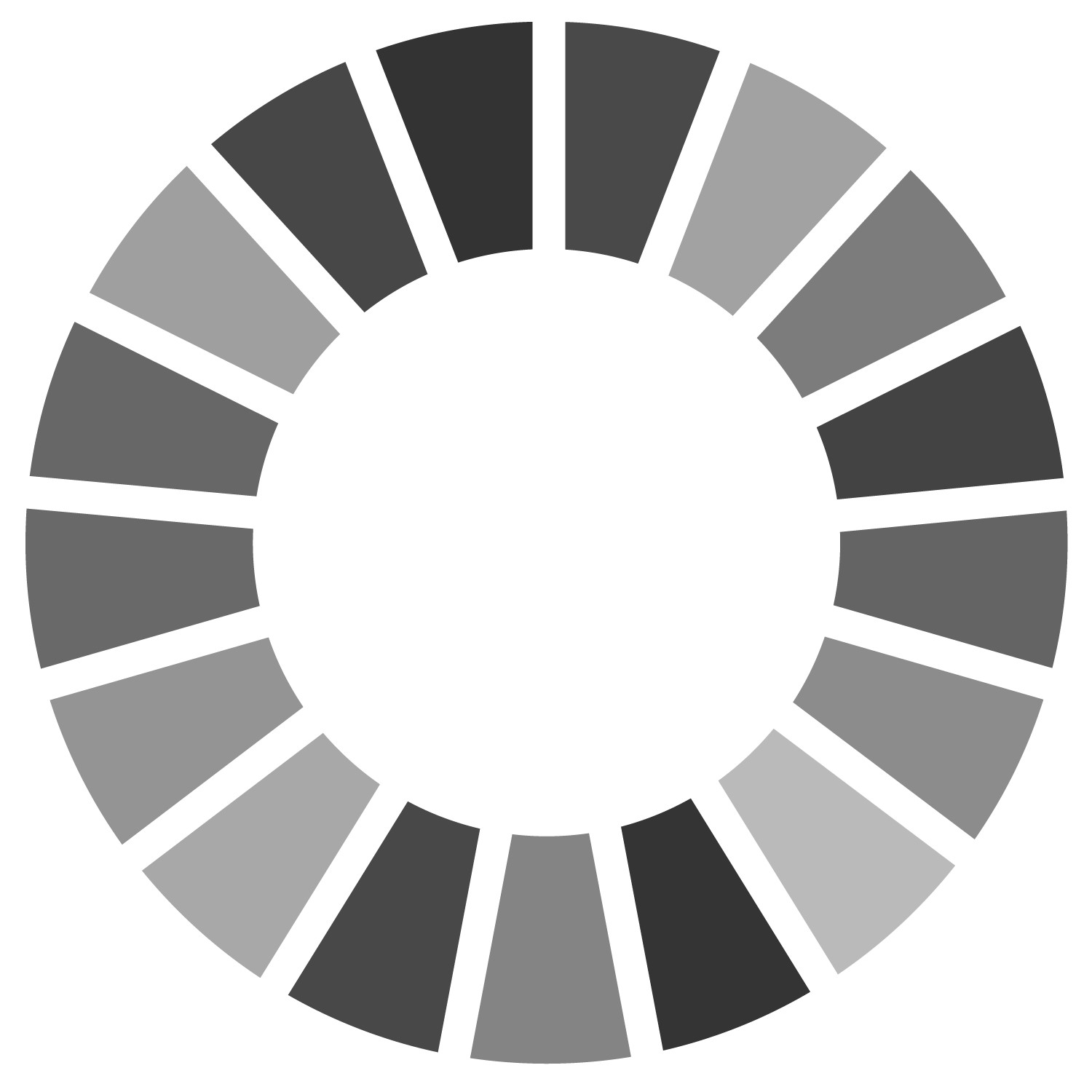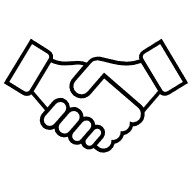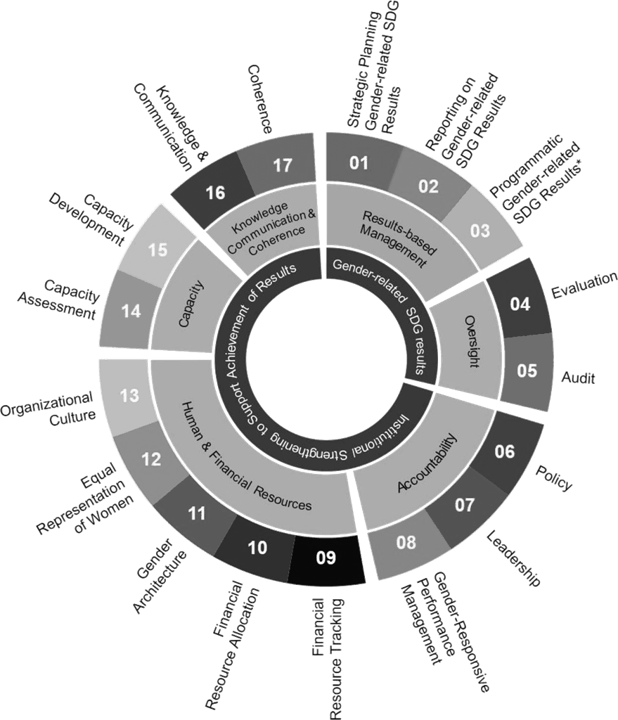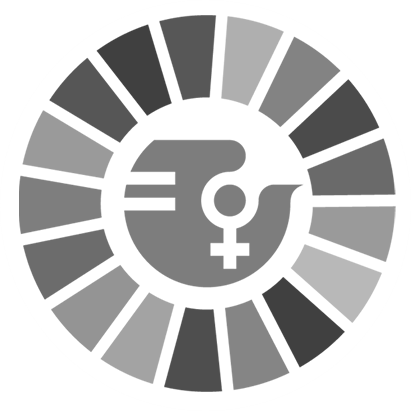Global Norms and Standards
of the United Nations Commission on the Status of Women (3 agreed conclusions and 1 political declaration)
participated in the United Nations Commission on the Status of Women (2018–2019) and 20,732 registered (2020–2021)
Leadership and Governance
in national parliaments are held by women, up from 23% - SDG indicator 5.5.1(a)

have available data, up from 26%
and political candidates enhanced campaigning and other skills
developed and implemented national action plans on gender equality and gender-responsive budgets
integrated a gender equality focus
Economic Empowerment

home to 1.6B women and girls, have a stronger legal, regulatory and policy environment on women’s economic empowerment
and international organizations opened markets for women through policies prioritizing purchases from women-owned businesses

signed the Women’s Empowerment Principles
Ending Violence Against Women
supported by UN Women have data on the prevalence of sexual harassment against women and girls in public spaces
have adopted or strengthened legislation addressing violence against women and girls in private and public spaces
to prevent, investigate, sanction and redress femicide/ feminicide/ gender related killings of women
home to 2.5B women and girls, have national action plans and strategies to end violence against women also addressing social norms, attitudes and behaviour transformation
home to 2.7B women and girls, have improved access to quality support services for survivors of violence
(including >22.5M women and girls in 2021) reached through grants from the UN Trust Fund to End Violence Against Women
Women, Peace and Security, Humanitarian Action and Disaster Risk Reduction
have specific provisions to improve the security and status of women and girls (2020), increased from 25 percent (2015–2017)
allocated for peacebuilding projects that address women’s specific needs, advance gender equality and/or empower women as their principal objective (2017–2021)

led or co-led by the UN which included women in mediation teams / negotiating delegations, consultations with women’s civil society organizations, and technical gender expertise (2017–2021)

informing country-level, evidence-based Humanitarian Needs Overviews (2017–2021)
and territories with national action plans on women, peace and security in 2021 (79 in 2018)
benefitted from UN-Women supported humanitarian services
legislation, policies, strategies, plans and assessments, covering 778 million people, were achieved with national governments and 1,407 women’s organizations
UN Coordination

are consolidating gender mainstreaming standards across key functions of the UN system through the UN-SWAP 2.0 accountability framework

completed the UNCT-SWAP Gender Equality Scorecard (UNCT-SWAP) report annually in 2021, up from 7% in 2018
were allocated to strengthen the gender lens in the second call of the Multi-Partner Trust Fund in the COVID-19 response, via the gender equality marker, up from 5%
on gender parity is consolidated on the first UN System-wide Dashboard on Gender Parity launched in 2021 by UN Women and UNDP
engaged annually with Inter-Agency Standing Committee Gender Accountability Framework reporting
Partnerships and Communications

by individual men and boys
are members of the Unstereotype Alliance with half a trillion dollars in global advertising yearly
followers, up from 8.2M

earned via media outreach, 1.2B in social media reach and >4M campaign video views around the Generation Equality Forum
to the six Action Coalitions at the Generation Equality Forum in terms of policy, programmes, advocacy or finances
